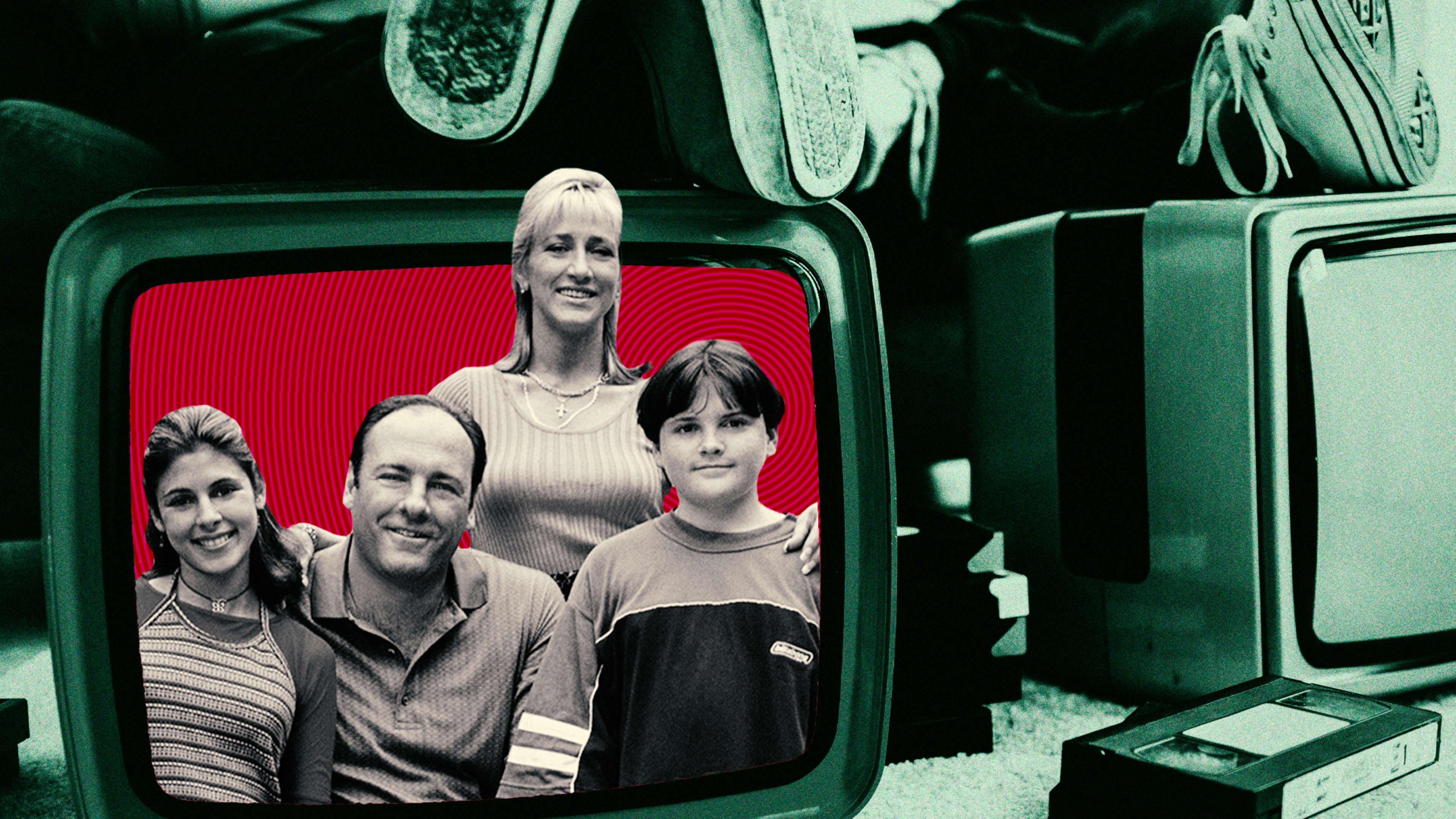Before the final season of Game of Thrones, HBO put on what can only be described as a TV marketing master class.
From its Bud Light Super Bowl commercial and the worldwide scavenger hunt, to the branded Oreo cookies and Adidas sneakers, to a blood drive for the American Red Cross, the prestige network was simultaneously able to extend the reach of this insanely popular show while also using all these other brand associations to reflect its pop cultural standing.
It didn’t dilute the Game of Thrones brand, but enhanced it.
When HBO giddily took to Twitter last fall to celebrate the 20th anniversary of The Sopranos by handing out nicknames inspired by the show, everyday fans and celebrities clamored to nab one of their very own.
In honor of the 20th anniversary of The Sopranos, I’m handing out Soprano nicknames today. Who wants one? FYI if you tell me your first name, this is way easier for me.
— HBO (@HBO) January 10, 2019
It’s this canny mix of humor, fun, and self-awareness used to hype and celebrate the top-tier TV shows that HBO has become known for over the past few decades that immediately came to mind as soon as I saw the glorified bus-stop ad that was inexplicably used last week to promote the upcoming launch of AT&T’s new streaming service HBO Max.
https://twitter.com/ballmatthew/status/1253388364029612033
How could these two diametrically opposed creative strategies both have the letters HBO in them? It was as if someone purposely created an ad that would sum up any and all fears HBO fans had when AT&T acquired Time Warner—and with it, HBO.
You can say, “What we’re trying to do is preserve the quality and elegance of what HBO has been doing for 40 years and at the same time increase its output to a reasonable degree that doesn’t effect the quality and elegance and beauty,” as WarnerMedia Entertainment chairman Bob Greenblatt did to NBC’s Dylan Byers last year.
But the marketing for HBO Max so far is about as far from elegant and beautiful as it gets.
In fact, it looks an awful lot like the strategy Greenblatt himself derided in describing Netflix in that same NBC interview. “Netflix doesn’t have a brand,” he said. “It’s just a place you go to get anything—it’s like Encyclopedia Britannica. That’s a great business model when you’re trying to reach as many people on the planet as you can.”
WarnerMedia Entertainment CMO Chris Spadaccini told Adweek last week, “HBO Max is designed to be expansive, and it’s going to offer new content for different members of the family who have different tastes, but it is still evoking that premium quality that HBO represents.” But so far, the marketing of HBO Max is a complete and utter dilution of its namesake brand, one that has built its image over 40 years of prestige TV. NYU marketing professor Scott Galloway saw it coming in his 2020 Predictions, writing, “AT&T purchased Time Warner in the hopes that phone service and content would yield a peanut butter and chocolate combination. Instead, AT&T is junking up Time Warner’s luxury product, HBO, and turning it into HBO Max. This is the equivalent of Hermès selling JanSport alongside Birkin bags.”
Oof!
In this case, WarnerMedia is trying to sell one of the greatest dramatic TV shows of all time—right alongside a mostly beloved sitcom and another popular, though critically bereft, sitcom—with a bad pun.
Who is this for?
It’s one thing to bundle all this content into one platform, but another entirely to cram it all in one ad. As bad as that is, as a strategy, it doesn’t help the cause when the creative itself looks like it was plucked from a PowerPoint slide deck or had originally been a bus ad for a mobile phone package.
AT&T first announced its intent to acquire Time Warner on October 22, 2016. It closed the deal after receiving government clearance to do so on June 14, 2018. It first announced its intent to create a new streaming service, which became HBO Max, on October 10, 2018. So the company has had somewhere between 18 and 40 months to develop a plan here. Yet this ad has the distinct whiff of when you fritter away a whole semester on bad TV and bong rips, then have to cram that final essay the night before it’s due.
https://youtu.be/9yLNhhHs3-k
There were always going to be challenges marketing an HBO that had a broader purview and a larger concept, something that’s still HBO but also encompasses all this other unrelated content that one hasn’t traditionally connected with the brand. It’s the TV equivalent of buying Nikes on Amazon, or an iPad at Best Buy. There’s nothing inherently wrong with either, but when Nike and Apple work so hard to create a distinct brand image and experience, it can get lost when the distribution is done by someone else outside these brands’ carefully curated universe. Yet somehow these elite brands have generally found a way (though Nike pulled back from selling through Amazon late last year after experimenting with it).
Even before HBO went on to create some of the most iconic television of the last couple of decades—The Sopranos, Sex and the City, Game of Thrones, and many, many more—it set the bar for why it was a network worth paying for all by itself with the tagline “It’s not TV. It’s HBO.”
The service’s new tagline is “Where HBO Meets So Much More,” but by the looks of the branding, so far they already have a better one: “It’s just a place you go to get anything—it’s like Encyclopedia Britannica.”
Recognize your brand’s excellence by applying to this year’s Brands That Matter Awards before the early-rate deadline, May 3.
